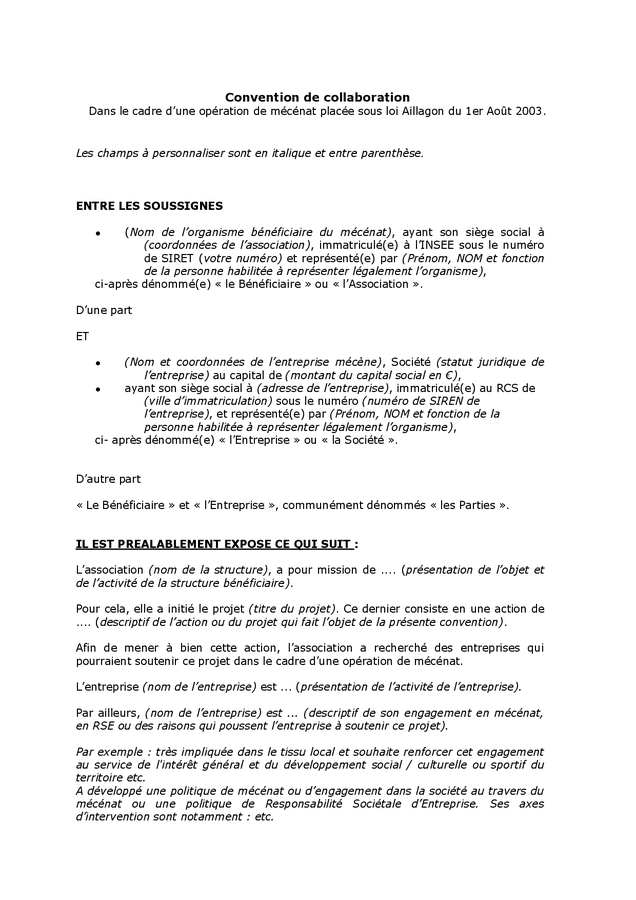How Middle Management Drives Productivity And Improves Employee Well-being

Table of Contents
Fostering a Positive and Supportive Work Environment
A positive work environment is the cornerstone of high productivity and employee satisfaction. Middle management plays a vital role in cultivating this atmosphere. Effective middle managers understand that their actions directly impact the overall well-being and performance of their teams.
Open Communication and Feedback
Open and honest communication is paramount. Regular, transparent dialogue, encompassing both positive reinforcement and constructive criticism, is key. This fosters trust and psychological safety, allowing employees to feel comfortable voicing concerns and contributing ideas.
- Regular Team Meetings: Schedule consistent meetings to discuss progress, address challenges, and share updates.
- One-on-One Check-Ins: Individual check-ins allow for personalized feedback and address individual concerns. These meetings are crucial for identifying potential roadblocks or support needs.
- Open-Door Policy: Encourage open communication by maintaining an accessible and approachable demeanor.
- Utilizing Diverse Communication Channels: Cater to individual preferences by using a mix of methods – email, instant messaging, video calls – to ensure effective communication.
- Active Listening and Specific Feedback: Actively listening to employee concerns and providing constructive, specific feedback are essential for building trust and fostering growth.
Empowering Employees and Delegating Effectively
Empowering employees and delegating effectively are intertwined strategies. Trusting your team to handle responsibilities boosts their morale and fosters a sense of ownership. This autonomy contributes significantly to increased productivity and job satisfaction.
- SMART Goals: Use the SMART methodology (Specific, Measurable, Achievable, Relevant, Time-bound) to set clear expectations for delegated tasks.
- Clear Expectations and Resources: Provide employees with the necessary resources, training, and clear guidelines to succeed.
- Monitoring Progress (Without Micromanaging): Regularly check in on progress without excessive oversight. Focus on results and provide support as needed.
- Recognizing and Celebrating Successes: Acknowledge and celebrate accomplishments to reinforce positive behaviors and boost team morale.
Promoting Work-Life Balance
Middle managers have a crucial role in promoting a healthy work-life balance. Supporting employees' well-being outside of work demonstrates care and fosters loyalty. This ultimately benefits both the individual and the organization.
- Flexible Work Arrangements: Offer flexible schedules or remote work options where feasible.
- Encouraging Breaks: Promote regular breaks and discourage excessive overtime to prevent burnout.
- Promoting Mental Health Resources: Provide access to mental health resources and encourage employees to prioritize their well-being.
- Leading by Example: Middle managers should model a healthy work-life balance themselves.
Enhancing Team Performance and Productivity
Boosting team performance requires a strategic approach focused on goal setting, collaboration, and development. Middle management's role in this is pivotal.
Setting Clear Goals and Expectations
Clearly defined goals are the foundation of effective teamwork. Using the SMART methodology ensures that goals are measurable and achievable, providing a framework for progress tracking and success.
- Aligning Individual Goals with Team Objectives: Ensure that individual goals contribute to the overall team and organizational objectives.
- Regular Progress Reviews: Implement regular reviews to track progress, address challenges, and adjust strategies as needed.
- Utilizing Project Management Tools: Leverage project management tools to enhance team coordination and track progress efficiently.
Effective Team Building and Collaboration
Fostering a collaborative and supportive team environment is crucial for maximizing productivity. Middle managers should actively cultivate a positive team dynamic.
- Team-Building Activities: Organize regular team-building activities to strengthen relationships and improve communication.
- Conflict Resolution Strategies: Establish clear procedures for addressing conflicts constructively and fairly.
- Promoting Open Communication and Collaboration: Encourage open dialogue and collaboration amongst team members.
Providing Training and Development Opportunities
Investing in employee growth is a crucial aspect of effective middle management. Providing training and development opportunities boosts morale and increases productivity.
- Skills Enhancement Training: Offer training programs that enhance employees' skills and knowledge.
- Leadership Development Programs: Provide opportunities for employees to develop their leadership skills.
- Mentorship Programs: Pair experienced employees with newer team members for guidance and support.
Recognizing and Rewarding Employee Contributions
Recognizing and rewarding contributions is essential for maintaining high morale and productivity. Middle managers play a crucial role in fostering a culture of appreciation.
Implementing Effective Recognition Programs
Regular recognition programs demonstrate that the organization values employee contributions. This can significantly impact motivation and job satisfaction.
- Verbal Praise: Offer sincere and specific verbal praise for exceptional work.
- Awards and Bonuses: Implement formal reward systems for outstanding achievements.
- Public Acknowledgment: Recognize achievements publicly to enhance their impact.
- Timely Recognition: Provide recognition promptly to maximize its impact.
Fostering a Culture of Appreciation
Creating a workplace where employees feel valued is a long-term investment that yields significant returns. This requires consistent effort and a commitment to employee well-being.
- Employee Surveys: Conduct regular surveys to gather feedback and identify areas for improvement.
- Regular Feedback Sessions: Implement regular feedback sessions to provide constructive criticism and celebrate successes.
- Celebrating Milestones: Acknowledge and celebrate both individual and team milestones.
Conclusion
Effective middle management is crucial for driving productivity and improving employee well-being. By fostering a positive work environment, enhancing team performance, and recognizing contributions, middle managers can significantly impact their teams' success. By actively implementing the strategies outlined above, middle managers can create a more productive, engaged, and fulfilling work environment for everyone. Embrace the power of effective middle management today!

Featured Posts
-
 East London Shop Fire 125 Firefighters Battle Blaze
May 31, 2025
East London Shop Fire 125 Firefighters Battle Blaze
May 31, 2025 -
 Summer Arts And Entertainment A Local Guide To Events Near You
May 31, 2025
Summer Arts And Entertainment A Local Guide To Events Near You
May 31, 2025 -
 Miley Cyrus Luncurkan Singel Baru Semua Yang Perlu Diketahui Tentang End Of The World
May 31, 2025
Miley Cyrus Luncurkan Singel Baru Semua Yang Perlu Diketahui Tentang End Of The World
May 31, 2025 -
 Your Good Life A Personalized Plan For Success And Joy
May 31, 2025
Your Good Life A Personalized Plan For Success And Joy
May 31, 2025 -
 L Heritage D Isabelle Autistier Inspiration Pour La Collaboration Et L Exploration
May 31, 2025
L Heritage D Isabelle Autistier Inspiration Pour La Collaboration Et L Exploration
May 31, 2025
